With any language you choose to learn, certain fundamental building blocks are necessary to be able to hold simple conversations. Simple politenesses and courtesies make the conversation flow and enable you to communicate effectively with native speakers of the language.
Arabic is no different in this way, but as a language with a cultural history of great respect and politeness, using the right Arabic greeting phrases for the situation is very important. In this article, we will go over many of the most essential ones and also some examples as shown in the table below so you will always have just the right Arabic greetings on the tip of your tongue.
| Arabic | Transliteration | English Translation | Audio | ||
|---|---|---|---|---|---|
| مرحبا | Marhaba | Hello | |||
| صباح الخير | Sabah al-khayr | Good morning | |||
| مساء الخير | Masa' al-khayr | Good evening | |||
| كيف حالك؟ | Kayfa halak? | How are you? | |||
| بخير، شكرا | Bikhair, shukran | I'm fine, thank you | |||
| من فضلك | Min fadlak | Please | |||
| شكرا | Shukran | Thank you | |||
| عفوا | Afwan | You're welcome | |||
| مع السلامة | Ma'a as-salama | Goodbye | |||
| إلى اللقاء | Ila al-liqaa' | See you later | |||
| أهلا وسهلا | Ahlan wa sahlan | Welcome | |||
| فرصة سعيدة | Fursa sa'ida | Have a nice day | |||
| تفضل | Tafaddal | Go ahead / Here you go | |||
| أنا آسف | Ana asef | I'm sorry | |||
| لا مشكلة | La mushkila | No problem |

🙌 What Is The Standard Greeting in Arabic?
Before you worry about getting the perfect pronunciation when you're speaking Arabic, it's important to break down the list of greetings according to the context and meanings.
Think of it as a conversation starter that helps build connections and interactions with a native Arabic speaker when you meet them for the first time. The most widely used Arabic greetings are also the most well-known ones that you have heard before through media or casual conversations, as shown below:
🤝As-salāmu ʿalaykum
(السلام عليكم)
🤝Wa alaykumu s-salam
(وعليكم السلام)
These two phrases have become an essentially universal greeting, typically in both Arabic-speaking countries and many non-Arabic Muslim-majority countries, making them one of the most common Arabic phrases for travel, and also during phone conversations.
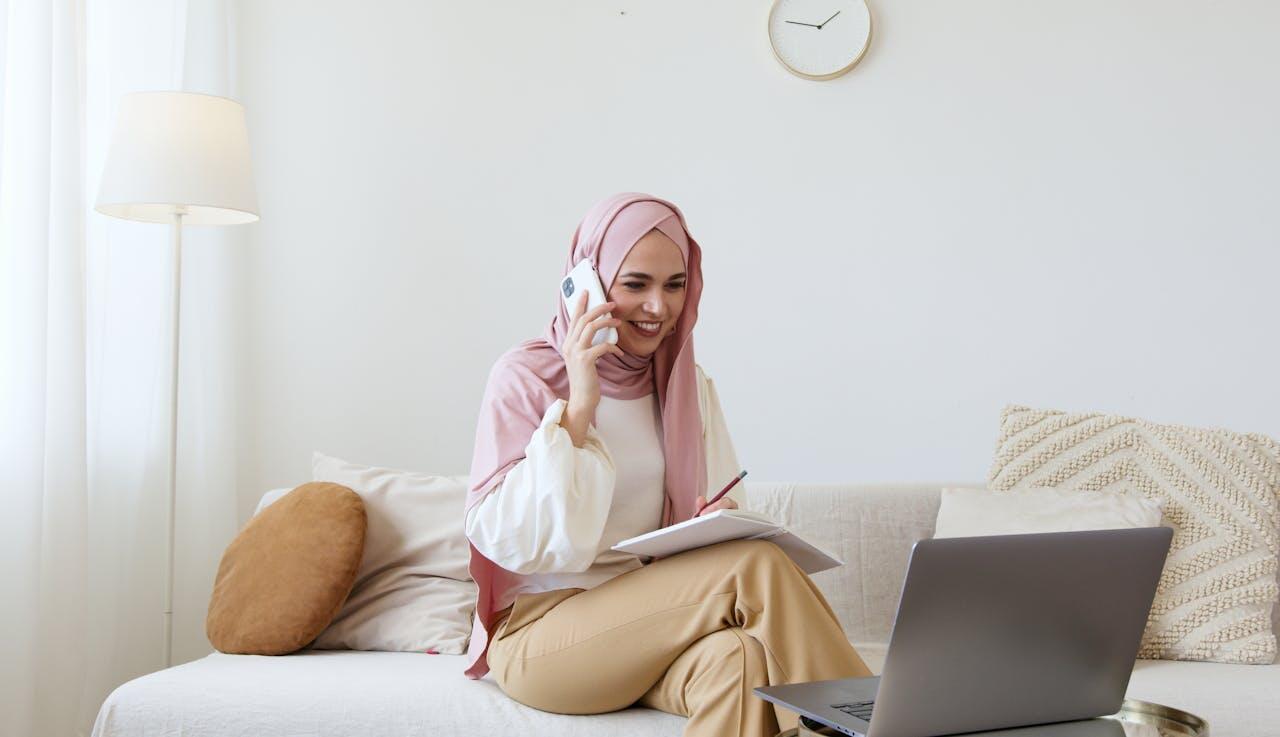
🕌 More formal and extended Arabic greetings
It's important to note that longer and complete Arabic greetings are also practiced, especially in the context of religious settings, official written letters, and scholarly discourses. On certain occasions, Arabic speakers may extend the basic greeting from As-salāmu ʿalaykum with prayers to express their well-being towards the recipient.
السلام عليكم ورحمة الله وبركاته
(As-salāmu ʿalaykum wa raḥmatullāhi wa barakātuh)
➡ May peace, mercy, and blessings of Allah be upon you.
🌟 Different Arabic Greetings For Different Occasions
Of course, there are plenty of other ways of greeting someone in Arabic, varying based on situation, formality, number of people, and so on. Every one has a situation where it is right to be used, and we will go over some now to give you a good handle on all the different ways you can greet someone properly.
✅ To say hello: Ahlan (“أهلاً”)
This is the simplest hello you can find in Arabic. It literally translates to just that, “hello”. As you might expect, this makes it very generally applicable in terms of usage, even for non-Muslims.
You would normally use it when addressing a singular person and would accompany it with a small kiss to the cheek. Notably, in Arabic culture, it would only be considered proper for men to kiss other men and women to kiss other women, although this depends on the relationship between the two people involved. It is written as “أهلاً” and can be used as a response to itself if someone says Ahlan to you.
✅ To express your welcome: Marhaba (مرحبا)
If you want a more friendly and intimate greeting to use with your friends, you can instead go with “marhaba”, written in Arabic as “مرحبا”. More often than not, this will instead be used in its plural form, “marahib”, to address a group of friends.
It translates to “hello and welcome” and is a convenient way of greeting people you are close to. It is more informal and casual than the more neutral greetings we have gone over so far, and should be used as such. Don’t use this one to start a business meeting!
✅ To wish good morning/evening: Khayr/Khair (خير)
A popular Arabic greeting to learn is certainly time-based greetings, which usually consist of the word Khayr or Khair. Fret not, as these two spellings of this Arabic word are due to transliteration differences, but they imply the same thing — goodness and blessings.
Hence, it's commonly used through examples such as Sabah al-Khayr and Masa' al-khayr.
The phrase "Sabah-al Khayr" written as صباح الخير is derived from the word Sabah which means morning, while al-Khayr means goodness.
On the other hand, the phrase "Masa' al-khayr" written as مساء الخير is derived from the word Masa which means good afternoon or good evening.
When combined together, people use them to express time-related greetings in the morning or later in the evening.

✅ To wish good health: (عوافي)
Another friendly and neutral greeting, although considered polite. Awefe, written as “عوافي”, literally translates to “may you have a lot of health to keep you in shape for all the stuff that you are doing”.
However, in many countries, it isn’t commonly used as much as Ahlan for the same job of neutral greeting. You may still encounter it in some places, though, so it’s good to be aware of.
✅ To thank someone with well wishes: Yateek Al Afiya (يعطيك الف عافيه)
A more popular way of expressing a similar sentiment to “Awefe” but with a slightly more formal spin to it. “Yateek al afiya”, written as “يعطيك الف عافيه” in Arabic, literally just translates to “may God give you health”.
The reason this one is typically used in more formal settings comes from its application, mainly. You would use it to express hope for God to give someone strength to do all their work. However, it doesn’t have quite the religious connotations this might imply. You may notice this with many Arabic greetings and pleasantries. They make mention of God, but are not limited to solely religious uses.

💬 Follow-up Basic Arabic Expressions and Phrases
Beyond first-sentence greetings, it's also good to diversify your conversations with some follow-up Arabic expressions and phrases to keep the conversation running. Some common ones include:
👍 To ask how are you: Kifak (كيفك) or Kifik (كيفكِ)
This one is not strictly a greeting, as “kifak”, written in Arabic as “كيفَك”, actually translates to “how are you?”. It is used as such, sometimes as a follow-up to one of the other greetings. However, it can also be used as its own standalone greeting. Much as we say “how are you” as a greeting in English, so too is the same used in Arabic.
This, therefore requests a response, should someone say kifak or kifik to you. Most of the time, the best one to opt for is “Alhamdulillah” ( ٱلْحَمْدُ لِلَّٰهِ), which means Praise to be Allah.
كيفك؟ (Kifak?) → Addressing a male
كيفكِ؟ (Kifik?) → Addressing a female
This difference comes from Arabic grammar rules, where the suffix "-ak" (ـَك) is used for males and "-ik" (ـِك) is used for females in countries like Lebanon, Syria, Palestine, and Jordan.
🎉 Learning Arabic Greetings For Special Events
As part of the many varied greetings Arabic has for more general use, there are plenty of more specific ones for certain events or gatherings such as weddings, New Year, and so on. There are a myriad of different events that you may need to attend, but here is a compilation of some common Arabic greetings and phrases that will come in handy.
🎊 Arabic greetings for family celebrations
New seasons, in the form of new unions and new birth, are a beautiful thing. In Arabic, there are many ways of saying it, as with congratulations on marriage and also to celebrate a newborn. Arabic greetings for these occasions come in many shapes and sizes, but a few good standard ones would be to say this:
💍 Marriage celebration
- Ahla alttahany wa'ajmal al'umniat bimunasabat zawajikuma
أَحْلى التَّهاني وَأَجْمَلَ الأُمْنِياتِ بِمُناسَبَة) زَواجِكُما) - Translation: My warmest congratulations and best wishes on the occasion of your marriage!
- Can be personalised according to your closeness to the couple
👶 Newborn celebration
- Tahanina ealaa mawludik aljadid
(تهانينا على مولودك الجديد) - Translation: Congratulations on your new baby!
- Applicable regardless even if you don't know the gender of the child)
🌙 Arabic greetings during Ramadan
We certainly cannot miss out on the good wishes that are exchanged during Ramadan, which is observed by Muslims during the ninth month of the Islamic calendar. The exact dates of the celebration differ every year according to the sighting of the crescent moon.
Some common well wishes include: رمضان مبارك (Ramadan Mubarak), which means "Blessed Ramadan" and also رمضان كريم (Ramadan Kareem) which means "Generous Ramadan".
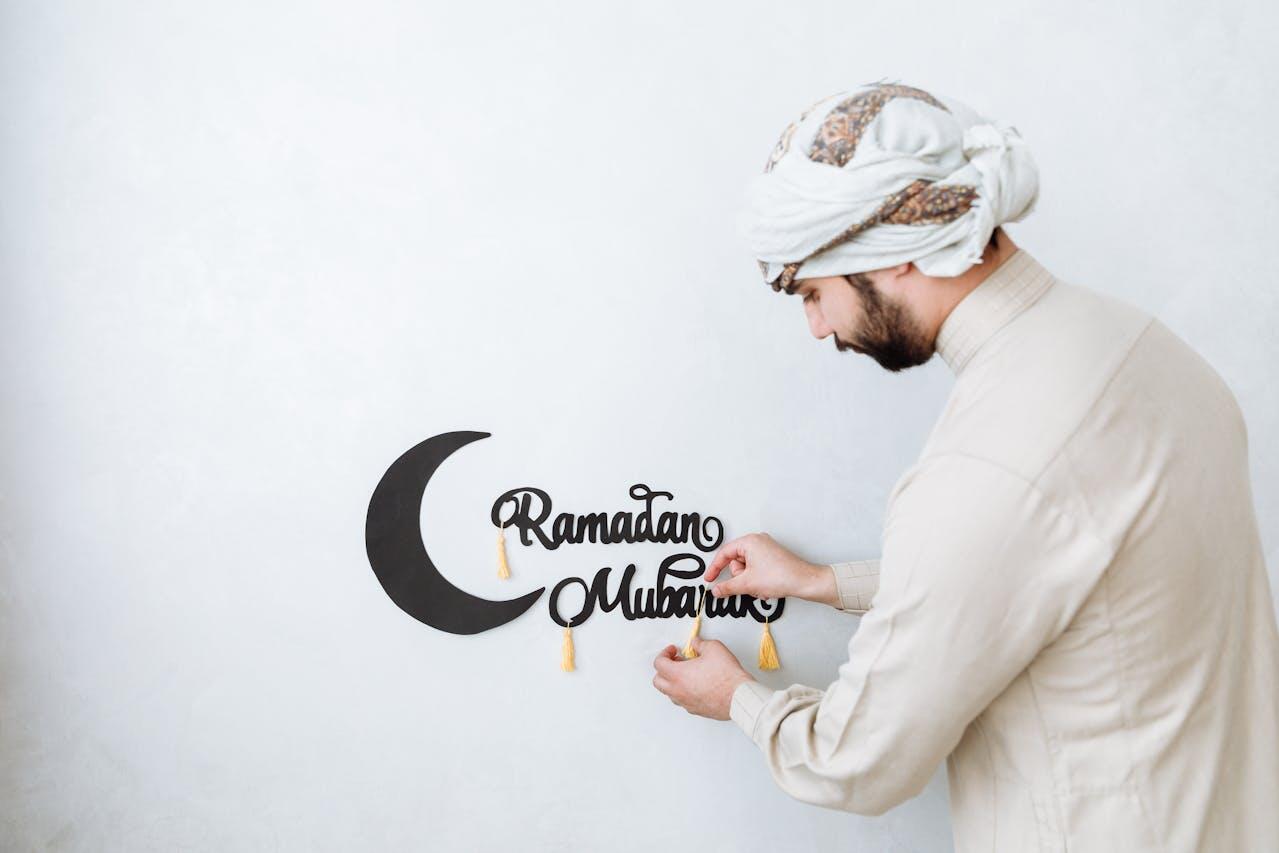
🌍 Master Arabic Comprehensively With Superprof
In reality, there are a huge number of more greetings than just those we have talked about here. There are so many ways of saying thank you to someone. Trying to learn them all requires a confident and comfortable mastery of much of the entire language.
Fortunately, this task is not as impossibly daunting as you might think. However, trying to just dive into it head first on your own is almost exactly as daunting as you might think, as it would be with any language. This is where Superprof can come in.
One language sets you in a corridor for life. Two languages open every door along the way.
Frank Smith
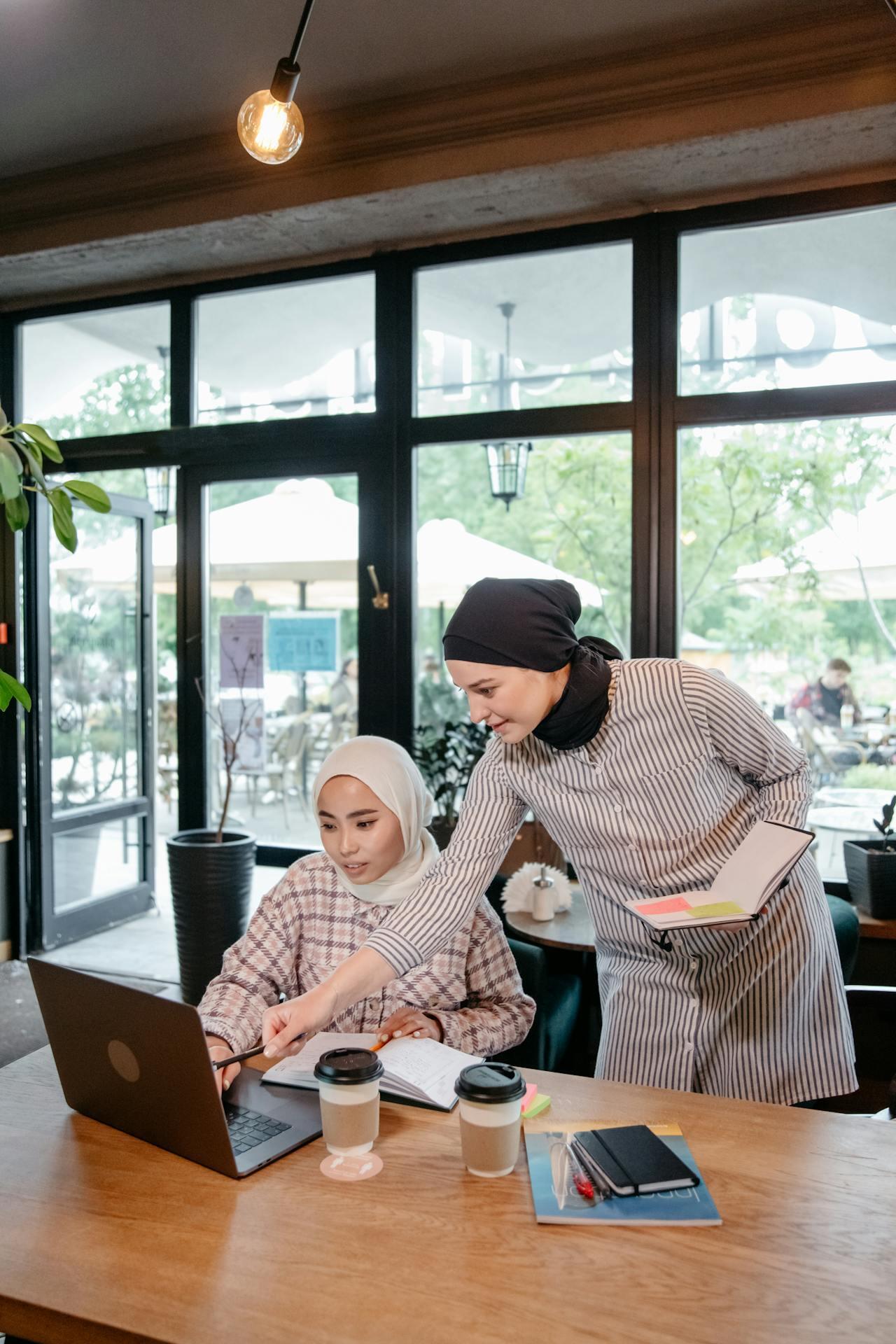
Tutoring is known to be the most effective way to learn any academic subject, with this being especially true for languages.
Access to one-on-one personalised teaching is by far the most efficient way to learn a language at any learning level.
This offers you an unparalleled opportunity to practise your speaking and improve your pronunciation plus conversation skills as a tutor can tailor their teaching directly to you — rather than teaching a standard curriculum such as you might find at school or university.
With a wide array of Arabic language tutors to choose from at Superprof, each with their own teaching style, there has never been an easier time to start mastering a new language like Arabic! Most Superprof tutors offer their first lesson for free, so quickly grab this amazing learning opportunity!
Summarise with AI:

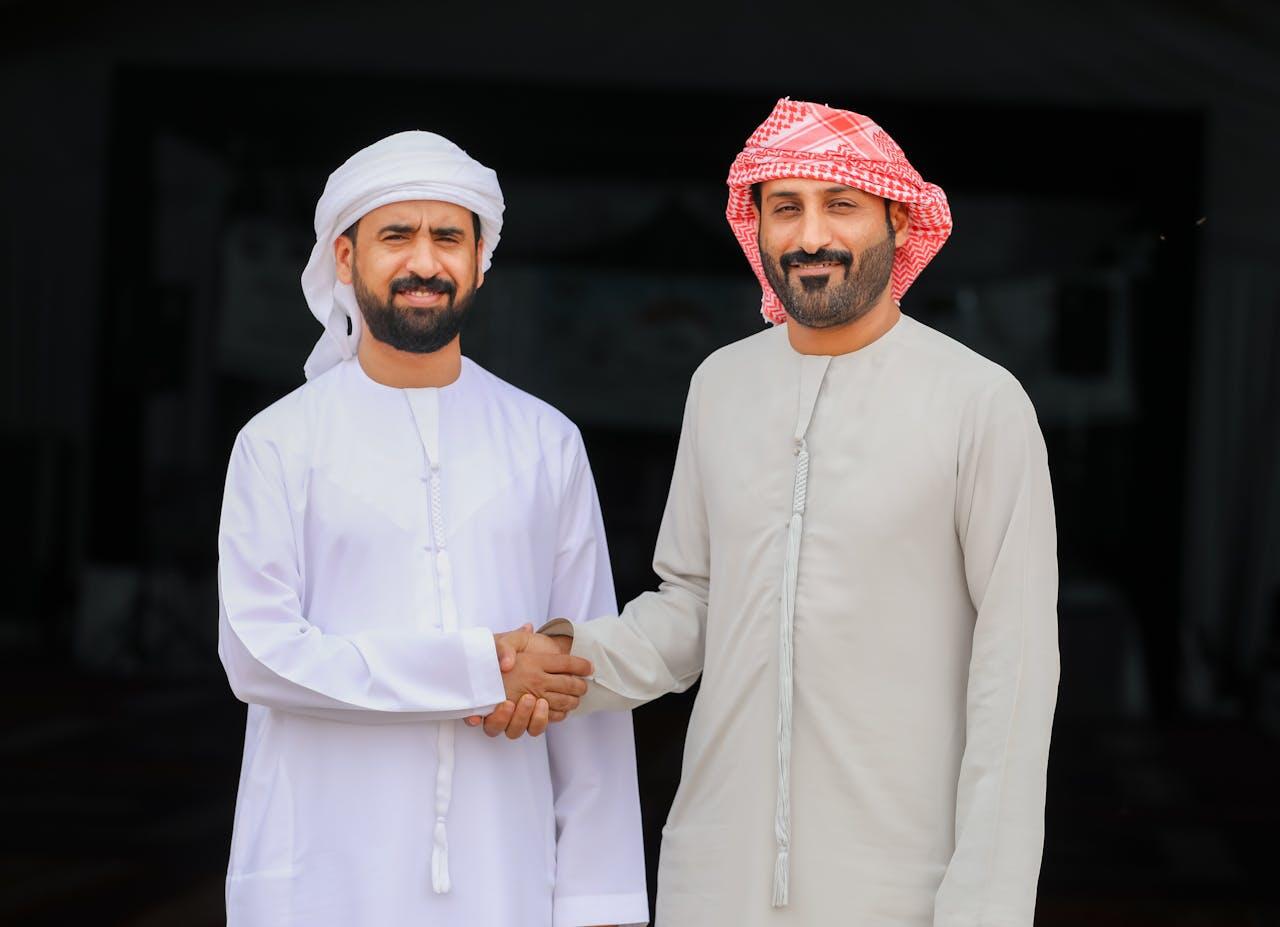










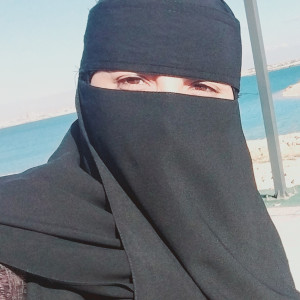


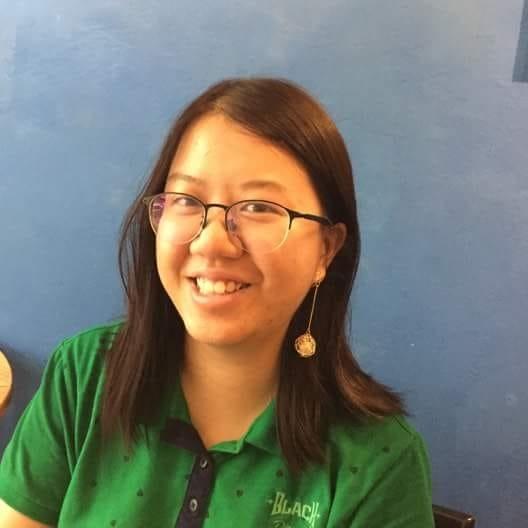
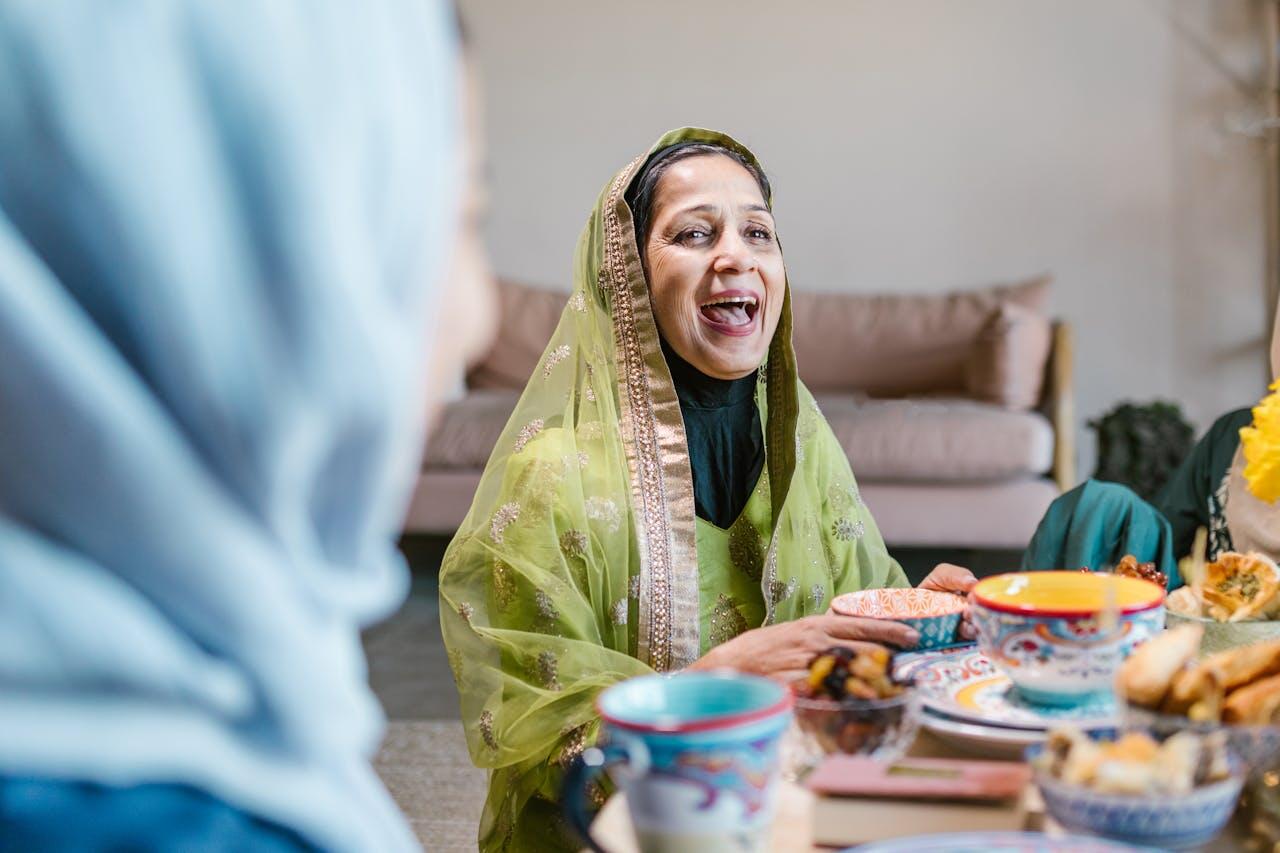
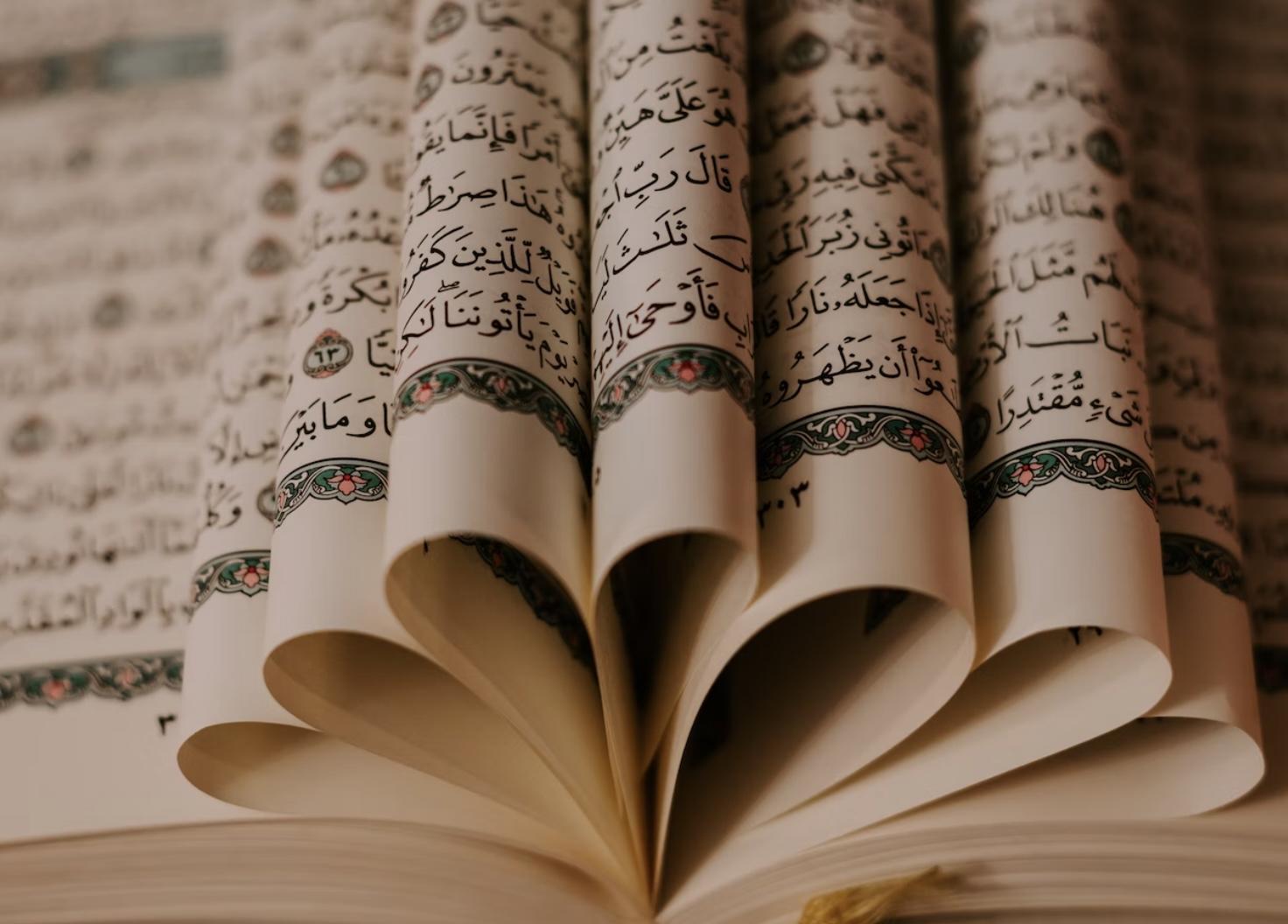
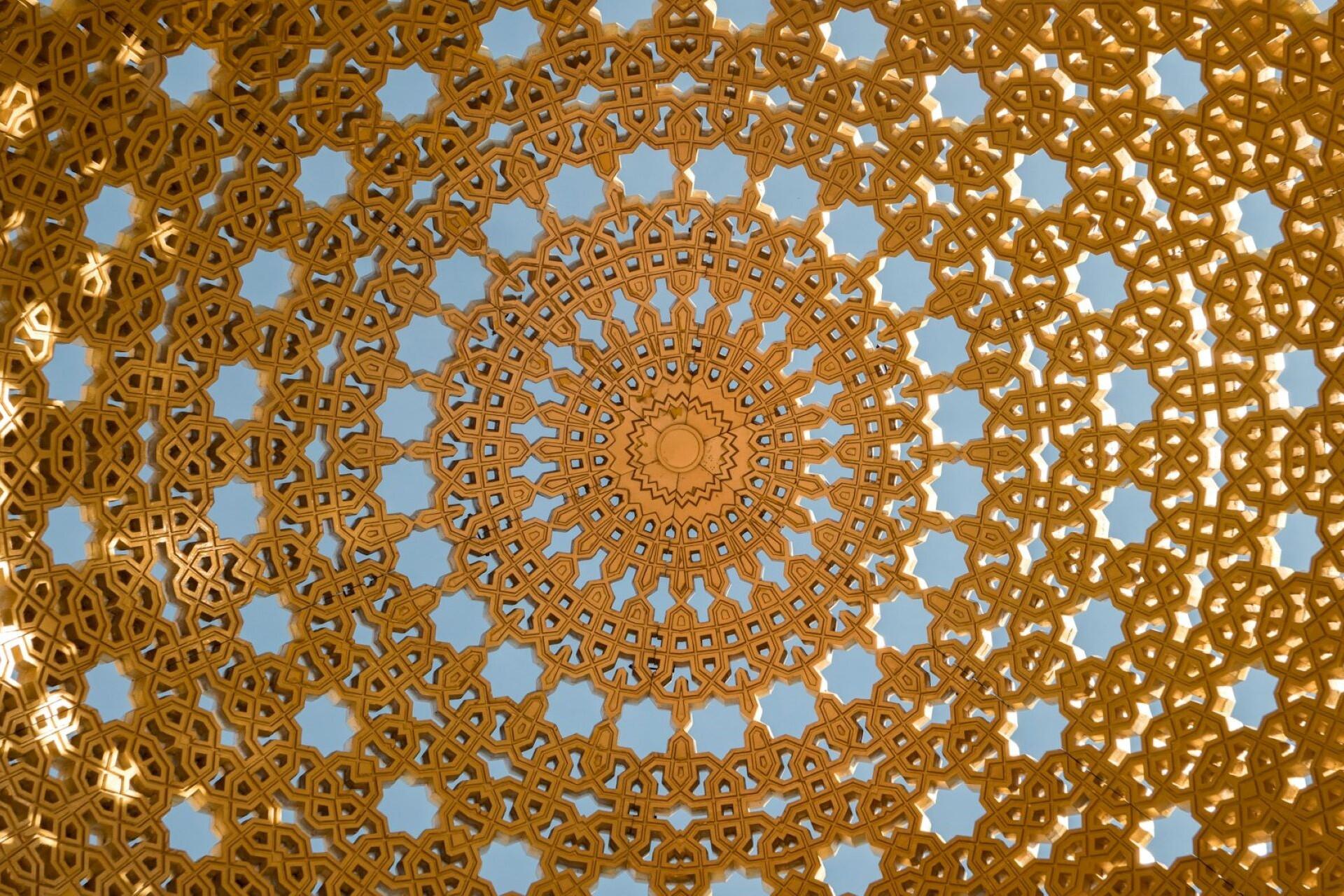
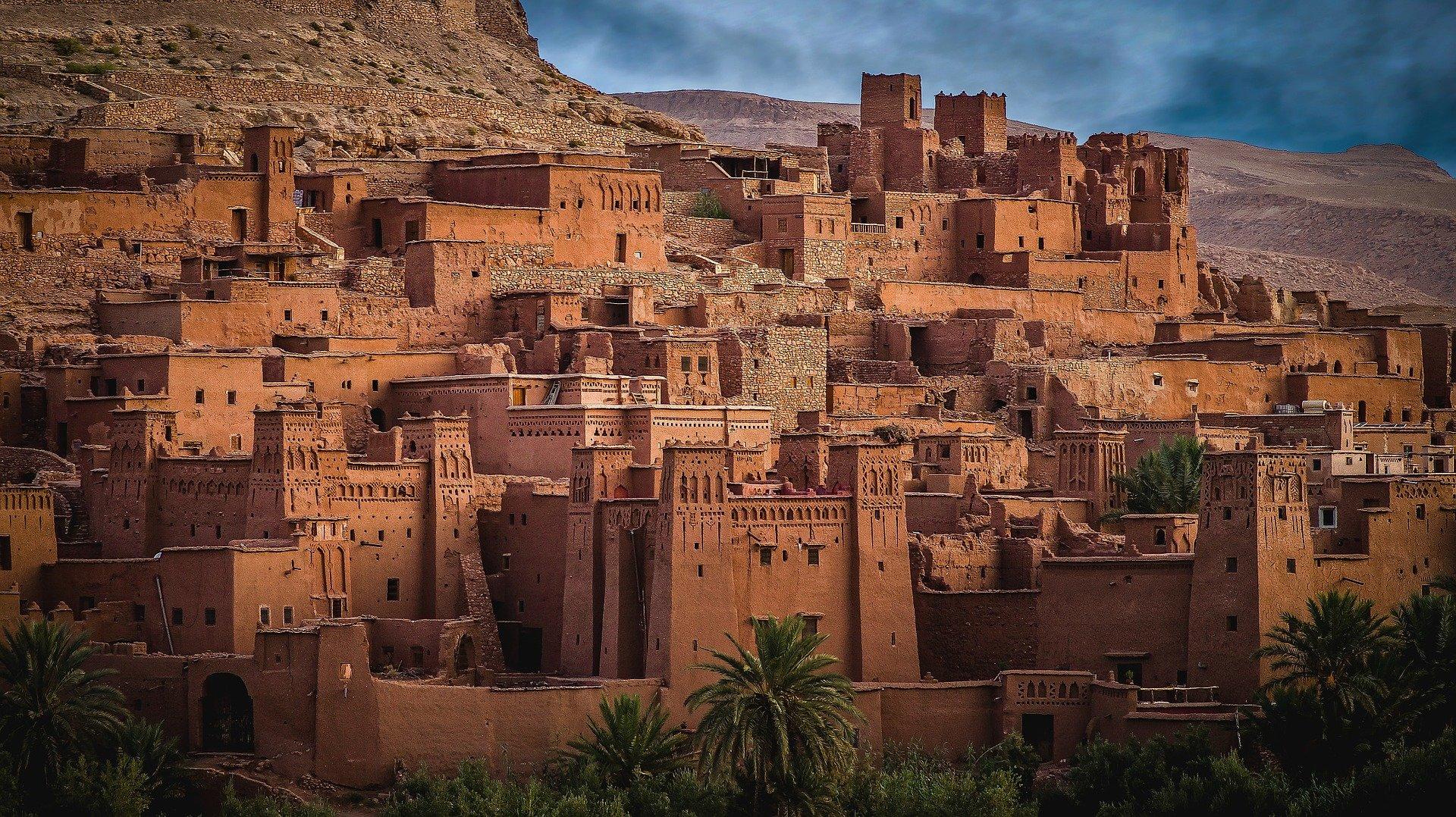
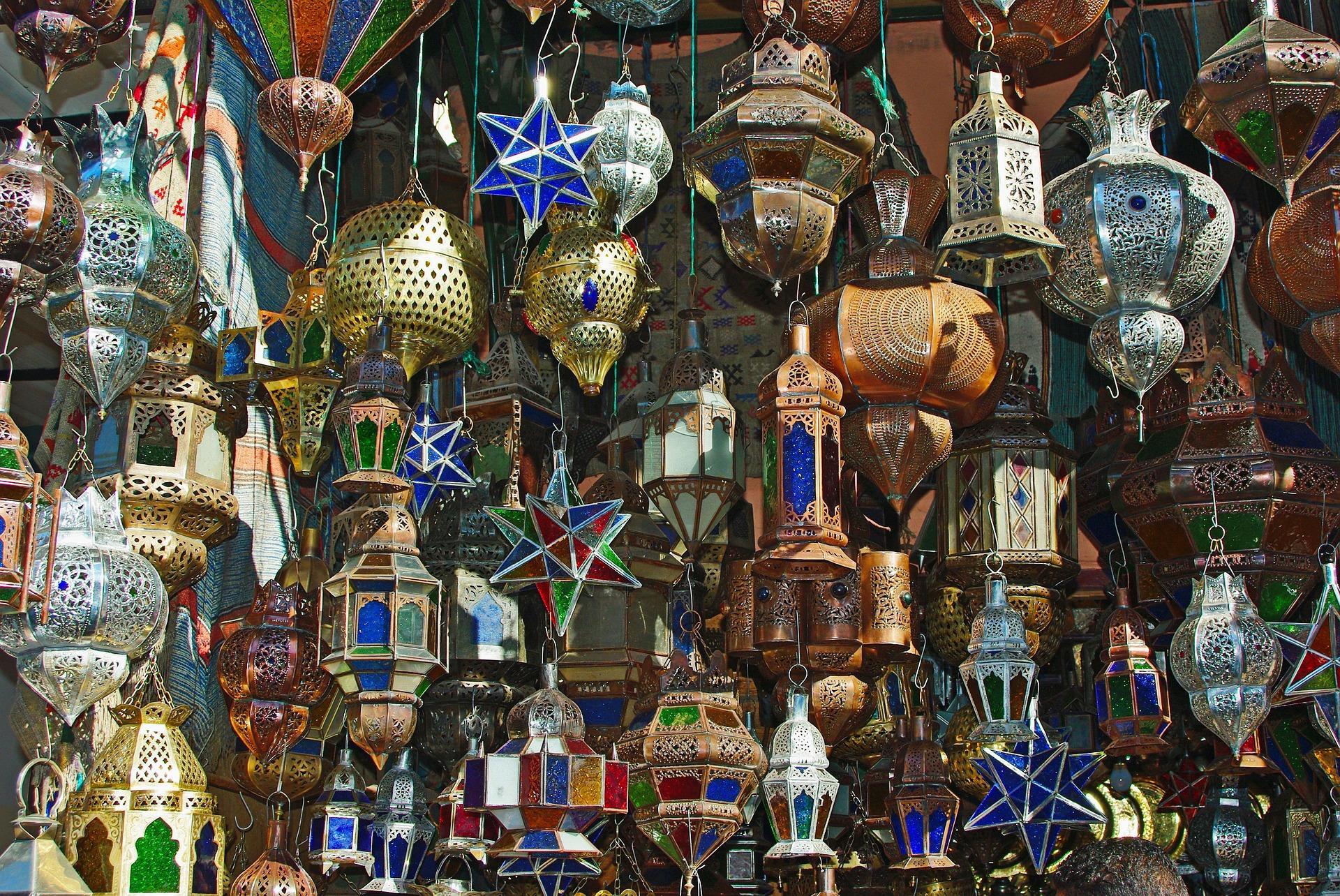
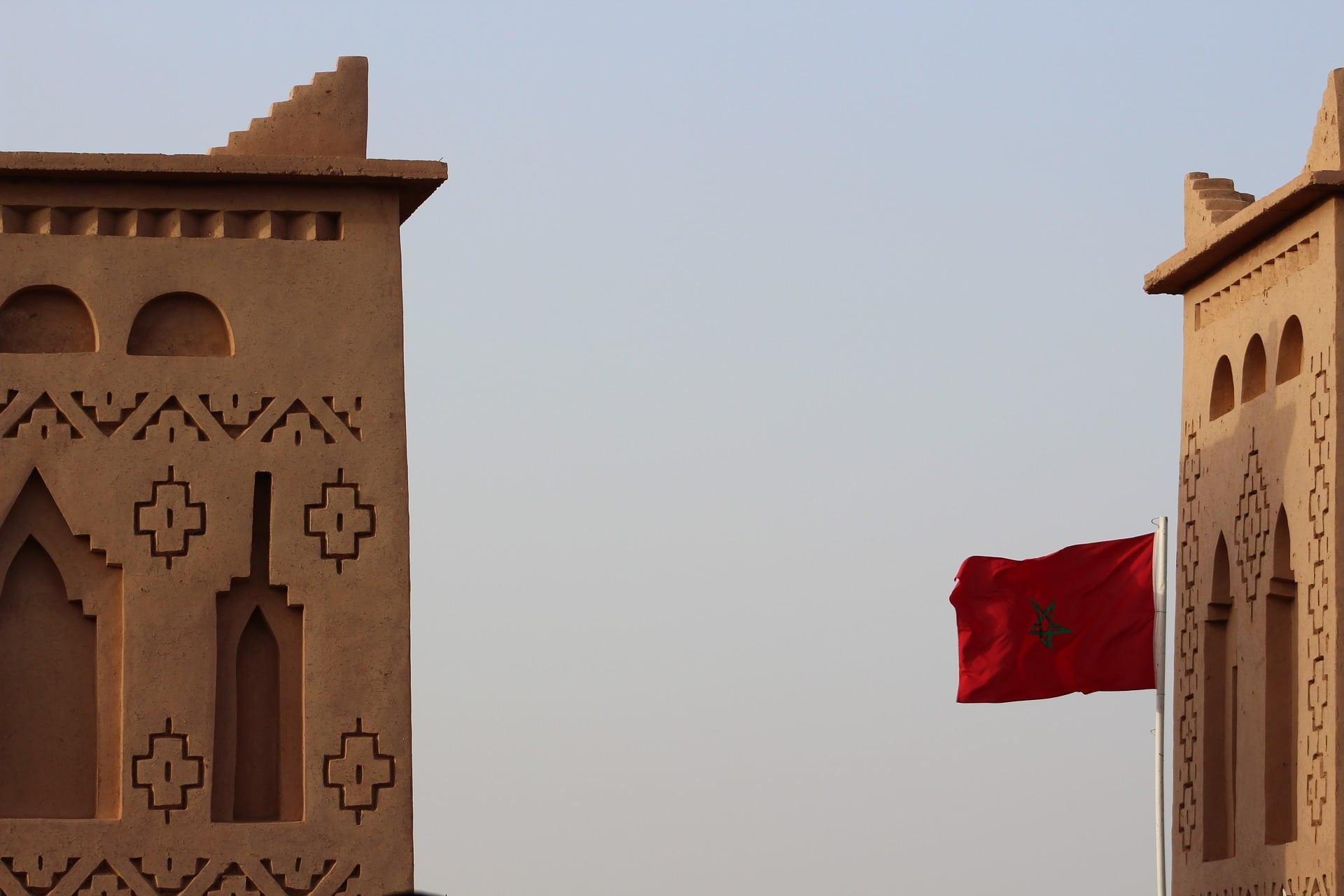

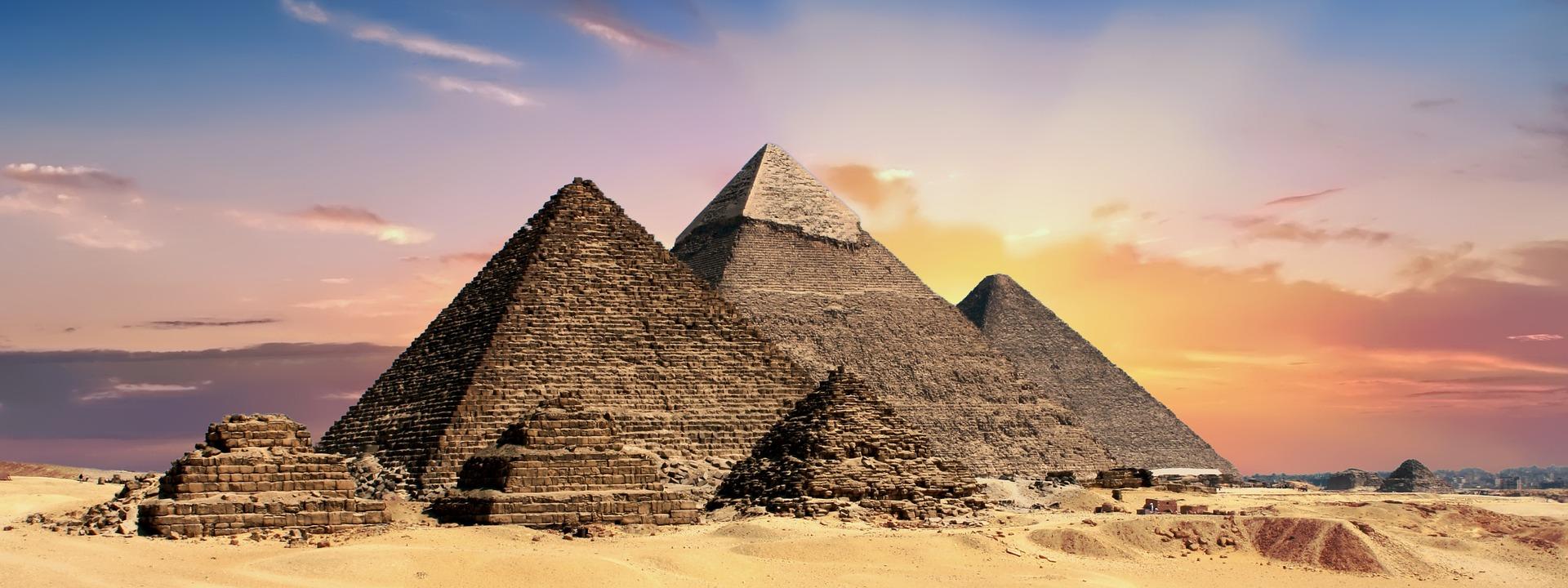
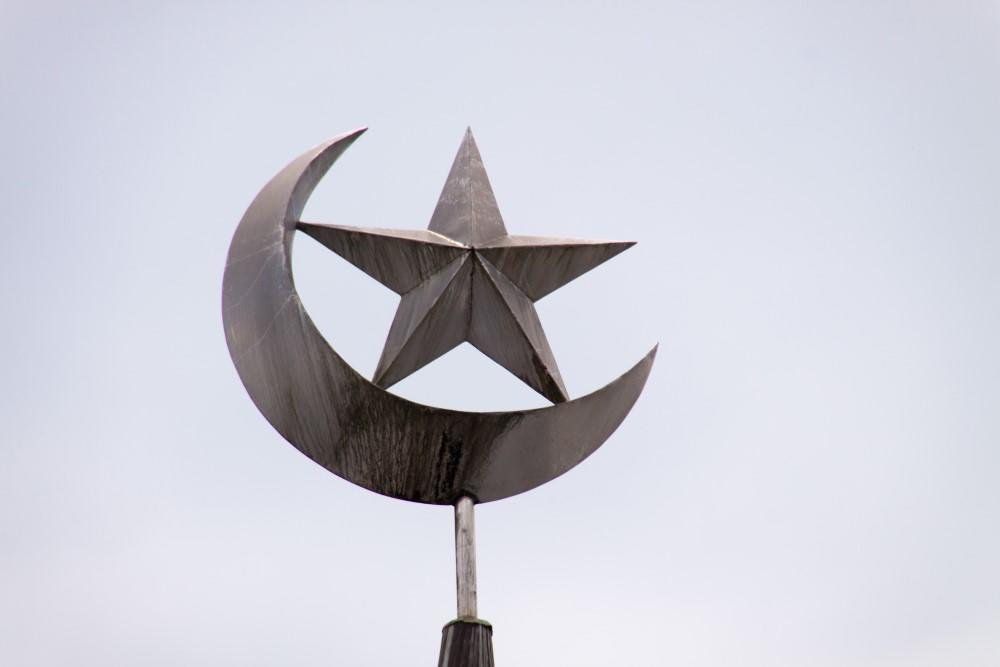
Shukrun thankswebale Aafwan. Thank u for the article.marhaban.
We’re so glad you enjoyed the article—shukran for your kind words! If you ever have more questions, feel free to reach out. 🌟📘
Mahaba: Hello ,I love Arabic is.
A great teaching and understanding of the language I learn from this tutorial audio and video thanks you so much and I will be in Qatar country so soon am saving to come over I love Arabic country I wished am there right now, be like wow aliham -dulihl 😘😍💟❤AI As-salāmu ʿalaykum
Wa ʿalaykum as-salām! Thank you so much for your kind words. It’s wonderful to hear that the tutorials have been helpful in your Arabic learning journey. Qatar is an amazing place—you’ll have a fantastic experience when you visit. Keep enjoying your language learning and your upcoming adventure! 🌟